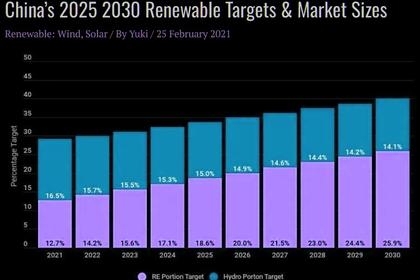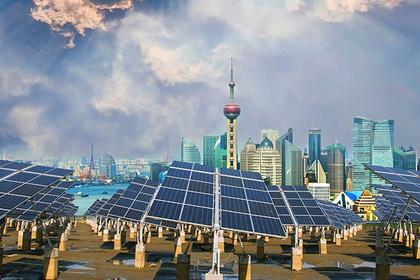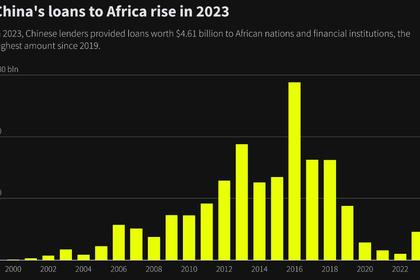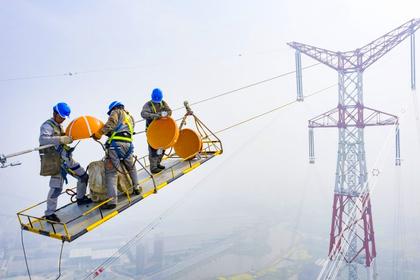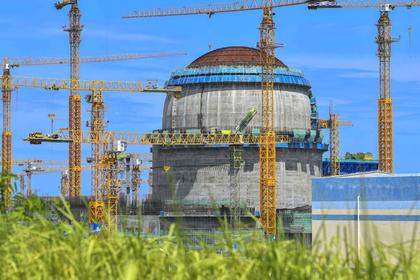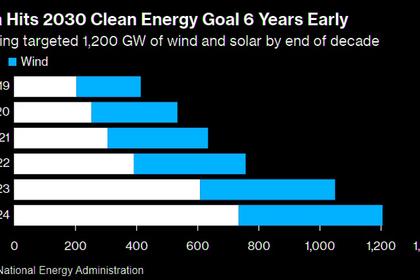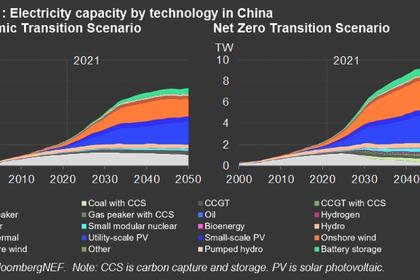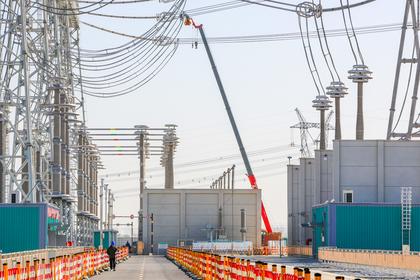
RUSSIA, CHINA STRATEGIC INTERACTION
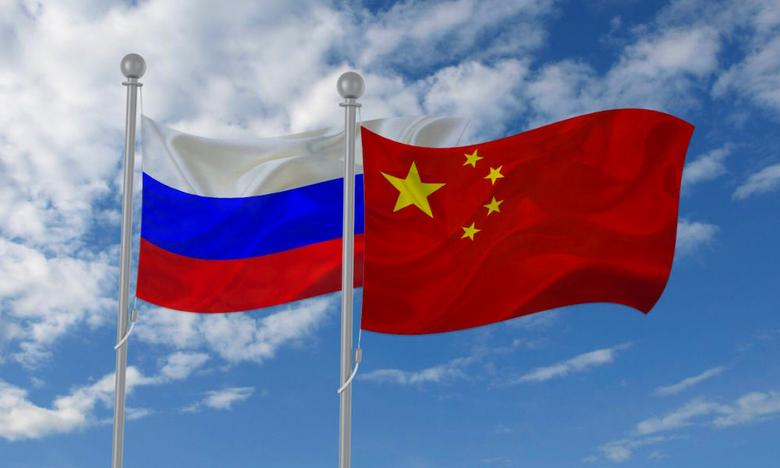
RPV - October 5, 2024 - The Russia-China relationship has been the focus of ongoing conjecture in the West, much of it referring to how Beijing will eventually outmanoeuvre Moscow and subsume Russia either via land grabs or financial coercion. Sergey Lavrov, Russia’s Foreign Minister, has weighed in on the debate by stating, somewhat enigmatically, that “Our friendly and good-neighbourly relations with China are not within an alliance, but they are superior in their effectiveness to military-political alliances that exercise the logic of confrontation.”
In this he was referring to Russia’s relations with China on a purely bilateral basis rather than within the BRICS or other regional organisations such as the SCO. Lavrov was speaking about the 75th anniversary of diplomatic ties between Beijing and Moscow.
He also went on to say that “Russia is interested in China being a prosperous and stable country while China needs a strong and successful Russia. Today, Russian-Chinese cooperation has acquired the nature of a comprehensive partnership and strategic interaction that enter a new era. According to the leaders of our countries, bilateral relations are currently at an unprecedentedly high level. At the same time, they are constantly being enriched with new content.”
He pointed out that over the past decades, the countries’ bilateral ties had been repeatedly put to the test, commenting that “The most important thing is that we have managed to show strategic wisdom and stamina. We have managed to build an exemplary model of relations between two neighbouring great powers in a spirit of good-neighbourliness, friendship and cooperation.”
Discussing previous border disputes, Lavrov stated that “In 2005, agreements came into force that finally closed the border issue and turned the shared border into a belt of peace and friendship.” In this he was referring to disputed, strategic territorial islands in the Amur (Heilongjiang) River.
This year both sides agreed to open border crossings at the Big Ussuri Island and to establish mutual free trade zones and other initiatives.
Despite occasional Western rhetoric to the contrary, it appears unlikely that any new territorial disputes would occur between the two countries. Both follow similar development policies as concerns Asia and global affairs, and while China is not entirely reliant on Russian energy, problems with any Russian supplies would prove significant. China’s second city, Shanghai, is almost exclusively serviced by Siberian gas, as are many other cities throughout the country.
China does have a far larger population, and there have been concerns, especially in the Russian Far East, that this could eventually lead to a take-over Russian territory by stealth. However, President Putin has incentivised both Russian nationals and corporates to relocate to the region, while also building up the Russian military presence – mainly as regards protecting its Arctic regions from North American threats, rather than Chinese.
The Russian Far East is also something of a paradox in that it has been settled by European, rather than Asian Russians, meaning ethnicity is obvious. It is a curious historical feature of the Russian landmass that it is Russia’s Siberian and Central Asian Republics rather further to the West – and some distance away from China – that maintain a stronger ethnic Asian identity than the Russian Far East. Assimilation by stealth would not be so simple.
Russia is of course also a nuclear power with a serious, conflict proven military capability. China does not possess such battle proven attributes and in any event is more concerned with the United States weaponizing Taiwan and on maintaining peace on its Western borders. Russia and China collaborate extensively for example on issues relating to security in Afghanistan.
Mutual trade, although there have been disruptions created by Western financial sanctions and threats, remains strong and can be expected to increase. China has a consumer population of over 1.4 billion, and it needs stability – something Lavrov referred too – to maintain the social order and mutual prosperity dividend that exists between the Chinese population and its government.
Russia is therefore key to China’s security, and the reverse is also true. Given the nature of both political alignment between the two powers, and their respective strengths and weaknesses, it seems highly unlikely that malign influences would be permitted to disrupt what appears to be a close symbiotic relationship with many potential decades worth of mutual benefit flowing between them.
Suggestions to the contrary, on analysis, appear to be ill-informed, mischievous Western based background noise and of little geopolitical insight. Serious observers should perhaps pay more attention to the developing BRICS as a key to understanding the reality underpinning Russia-China geopolitical detente and collaboration. After all, who would want to give up 65% of global influence and an almost guaranteed bilateral prosperity when in a solid, mutually acceptable diplomatic relationship?
-----
Earlier:
